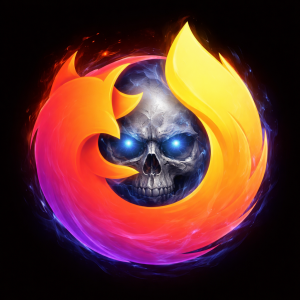(09-02-23) Blog 40 – The bard of Mountain View
Hot on the heals of the recently not-quite announced, but almost as good an announcement that Microsoft will be updating Bing to include ChatGPT, Google have announced that they also have an exciting update to their search engine.
Introducing Bard
Powered by Google’s Language Model for Dialogue Applications, or LaMDA for short, bard seeks to combine the breadth of the world’s knowledge with the power, intelligence and creativity of Googles large language models. It draws on information from the web to provide fresh, high-quality responses.
LaMDA
LaMDA’s conversational skills have been years in the making. Like many recent language models, including BERT and GPT-3, it’s built on Transformer, a neural network architecture that Google Research invented and open-sourced in 2017.
That architecture produces a model that can be trained to read many words (a sentence or paragraph, for example), pay attention to how those words relate to one another and then predict what words it thinks will come next.
But unlike most other language models, LaMDA was trained on dialogue. During its training, it picked up on several of the nuances that distinguish open-ended conversation from other forms of language. One of those nuances is sensibleness. Basically: Does the response to a given conversational context make sense?
LaMDA builds on earlier Google research, published in 2020, that showed Transformer-based language models trained on dialogue could learn to talk about virtually anything. Once trained, LaMDA can be fine-tuned to significantly improve the sensibleness and specificity of its responses.
Availability
Initially, bard is being opened up to trusted testers ahead of making it more widely available to the public in the coming weeks and will be released with a lightweight model version of LaMDA.
This much smaller model requires significantly less computing power, enabling Google to scale to more users, allowing for more feedback
Using combined external feedback with their own internal testing, Google will ensure Bard’s responses meet a high bar for quality, safety and groundedness in real-world information.
It’s like the late 90’s
Between 1995 and 2001, the www saw what has become known as the browser wars. This was a tit-for-tat battle between Microsoft and Netscape with their competing browser products (Internet Explorer & Navigator, respectively).
The addition of ChatGPT to Bing and now the addition of bard to Google search might just spark a similar war of the search engines.
Who knows?
Maybe AI could give us an idea?












